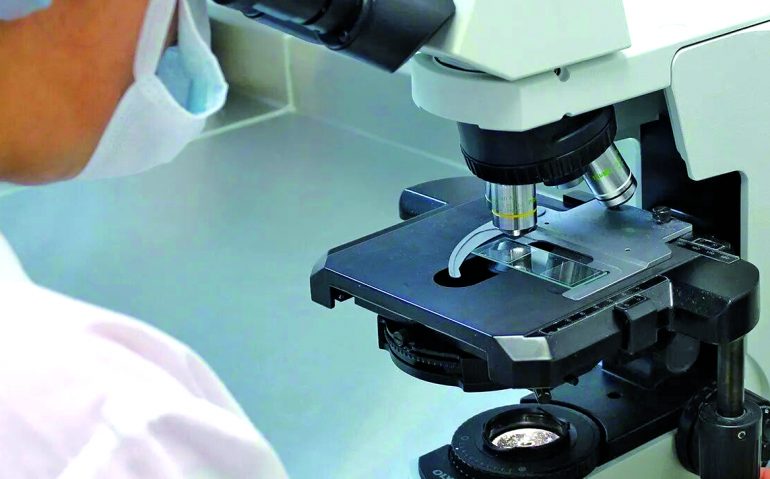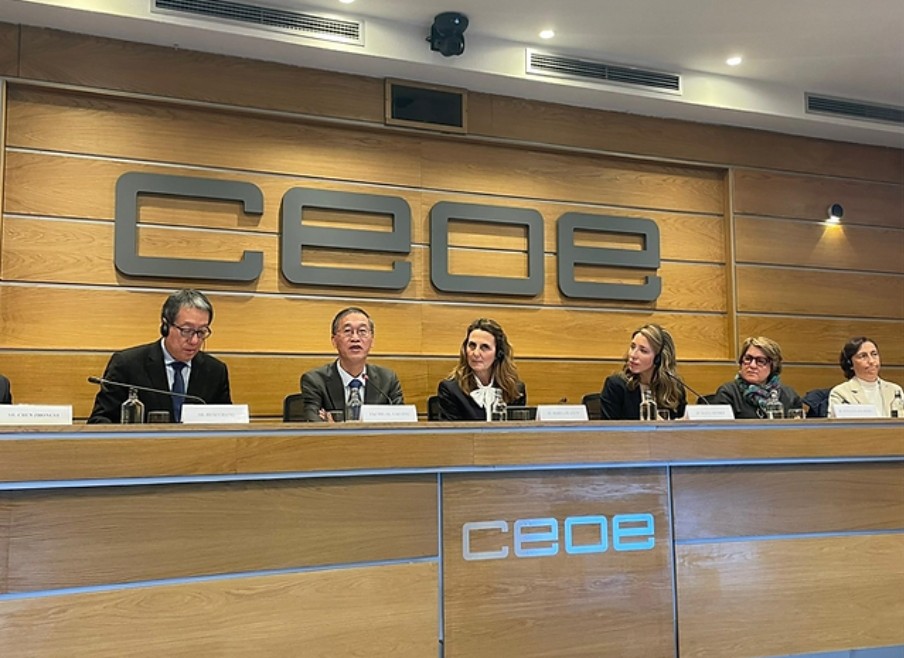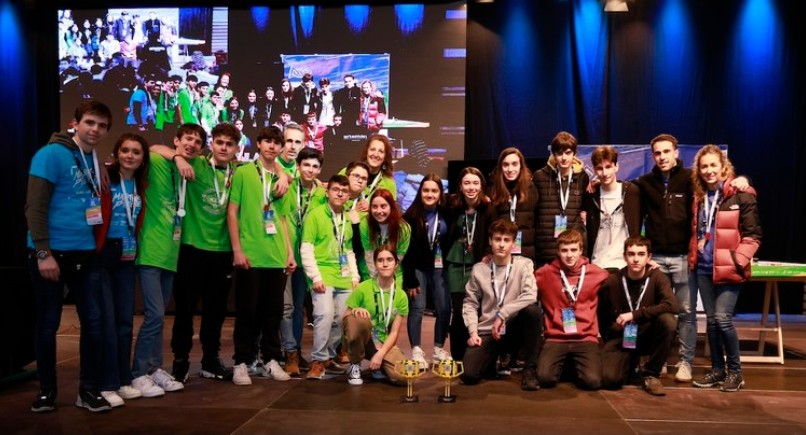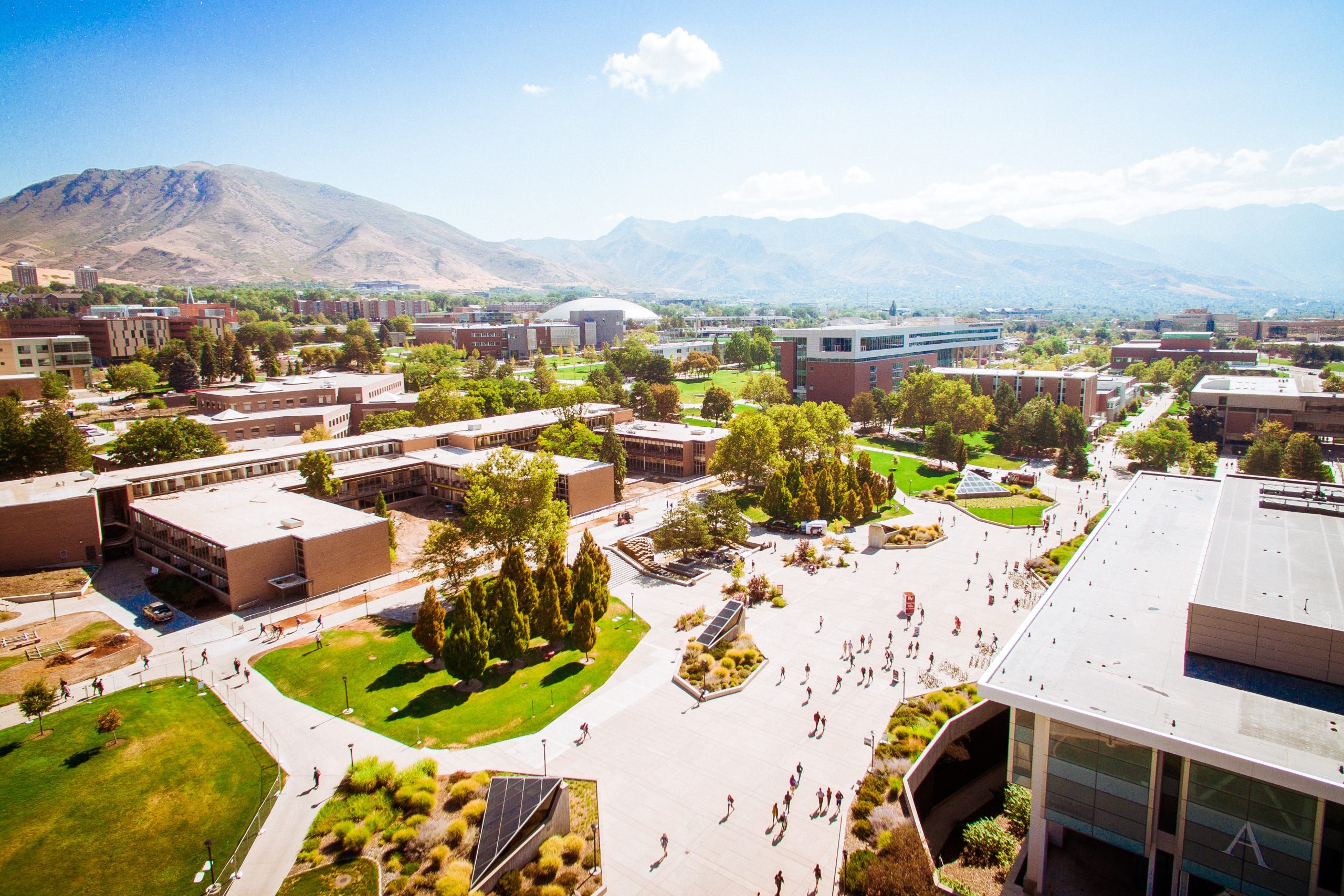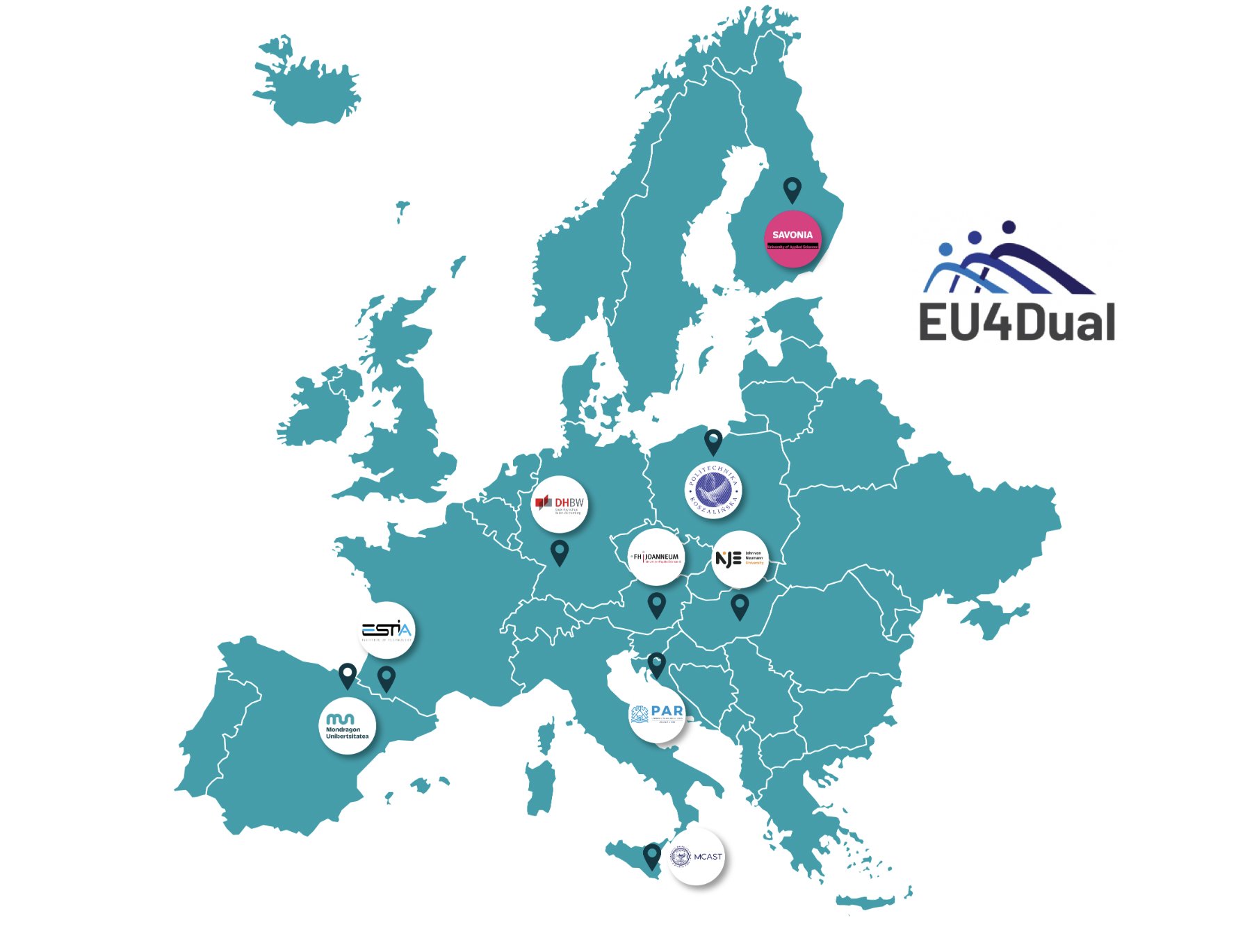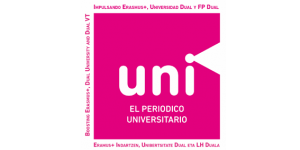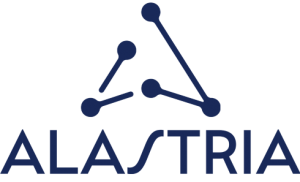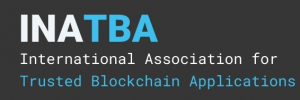At the end of 2021, Ikerbasque had a total of 170 researchers with extensive research experience and leadership capacity, 80 young researchers with whom it is intended to promote a pool of young high-level researchers and 62 Research Associates, a category that complements the previous two and seeks to cover the different stages of the research career. His research work was remarkably reflected in scientific publications; Throughout the year they added a total of 1,484 articles in indexed publications, that is, in highly qualified editorial media on an international scale. They also created 8 new spin-offs, business initiatives that are characterized by basing their activity on the exploitation of new processes, products or services based on the knowledge and results obtained in their research.
The total amount of funds obtained by Ikerbasque researchers during 2021 amounted to 37,371,894 euros (2 million more than in 2020). Out of a total of 940 projects (128 projects more than the previous year) that had external funding, fifteen had funding from the ERC (European Research Council), the most prestigious institution in the old continent in terms of promoting ambitious research projects at the frontiers of knowledge and at the end of last year, 1,323 people worked in the groups led by these researchers.
The people recruited by Ikerbasque around the world to develop their work in universities and R+D centers in the Basque Country come from 35 countries, mainly of Spanish nationality (186), Italian (30), German (14), British (9), USA (9), Russian (8) and Canadian (6); although there are 28 other nationalities from Europe, America and Asia and are mostly men, 75% men compared to 25% women.
In relation to their area of knowledge, 50% are specialists in experimental sciences, 22% in medical sciences. 15% are specialists in engineering and 12% in social sciences and humanities. Ikerbasque researchers come from the most prestigious centers worldwide such as MIT, Harvard University, Oxford, Stanford, CNRS or Max Planck.
The results obtained in 2021 allow us to affirm that the Basque Country is positioned as a European benchmark in science; We are already recognized internationally as a region with advanced research, with Basque research groups of international level and where the right conditions are given to develop research of international stature. Proof of this is that in 2021 the European Commission chose the Ikerbasque researcher attraction program as one of the best European initiatives for scientific development, the Ikerbasque proposal obtained the highest score among the 148 proposals evaluated, which means 4 million euros to Ikerbasque for the hiring of 36 new researchers in Euskadi in the next 4 years.
Some outstanding works Among the works developed by Ikerbasque researchers and the outstanding publications over the last year, the following can be highlighted:
- Aitziber López Cortajarena Ikerbasque researcher and scientific director of CICbiomaGUNE developed a simple, versatile and modular strategy for the design of customized multifunctional proteins of hybrid nanomaterials for biotechnological and biomedical applications. Their work was published in Chemical Science, a journal of the Royal Society of Chemistry.
- Iñigo Olalde Ikerbasque researcher at the UPV/EHU led the genetic analysis of the ancient DNA of one of the best preserved Neolithic tombs in Great Britain. The analysis published in Nature revealed that most of the people buried were from five continuous generations of a single extended family.
- Jérôme Solon Ikerbasque Researcher at Biofisika Institutua (CSICUPV/EHU) co-led a research, published in Current Biology, which demonstrates that the dismantling of organs in metamorphosis is a precise and hormone-driven process. Understanding this process can shed light on understanding aging processes.
Destination Center
As for their destinations, 116 Ikerbasque researchers have been assigned to the UPV/EHU. The remaining 196 have joined the rest of the universities (Deusto and Mondragon Unibertsitatea) and research centres, including the nine BERC (Basque Excellence Research Centre), dependent on the Department of Education.
The full list of existing BERCs is as follows:
- Achucarro – Basque Center for Neuroscience.
- BCMaterials- Basque Center for Materials, Applications and Nanostructures.
- Polymat – Basque Center for Macromolecular Design & Engineering (Donostia).
- DIPC – Donostia International Physics Center (Donostia).
- CFM-MPC Materials Physics Center (Donostia).
- Biofisika Institutua. Basque Centre for Biophysics of Bizkaia (Leioa).
- BC3 – Basque Centre for Climate Change.
- BCAM – Basque Center for Applied Mathematics (Bilbao).
- BCBL – Basque Center on Cognition, Brain and Language (Donostia).
In addition to these nine centres of excellence and the three universities mentioned (UPV/EHU, Deusto and Mondragon), among the recipients of the researchers hired by Ikerbasque are also the Cooperative Research Centres (CIC) biomaGUNE (biomaterials), bioGUNE (biosciences), energiGUNE (energy) and nanoGUNE (nanosciences), as well as the health research institutes BioDonostia and BioCruces, and the Azti research centres. Neiker, Tecnalia and Tecnum (University of Navarra) as well as the Globernance (center for research and dissemination of political thought) and the IISL/IISJ (International Institute of Legal Sociology of Oñati) In total, 24 Basque universities and research centers benefit from attracting international researchers.


